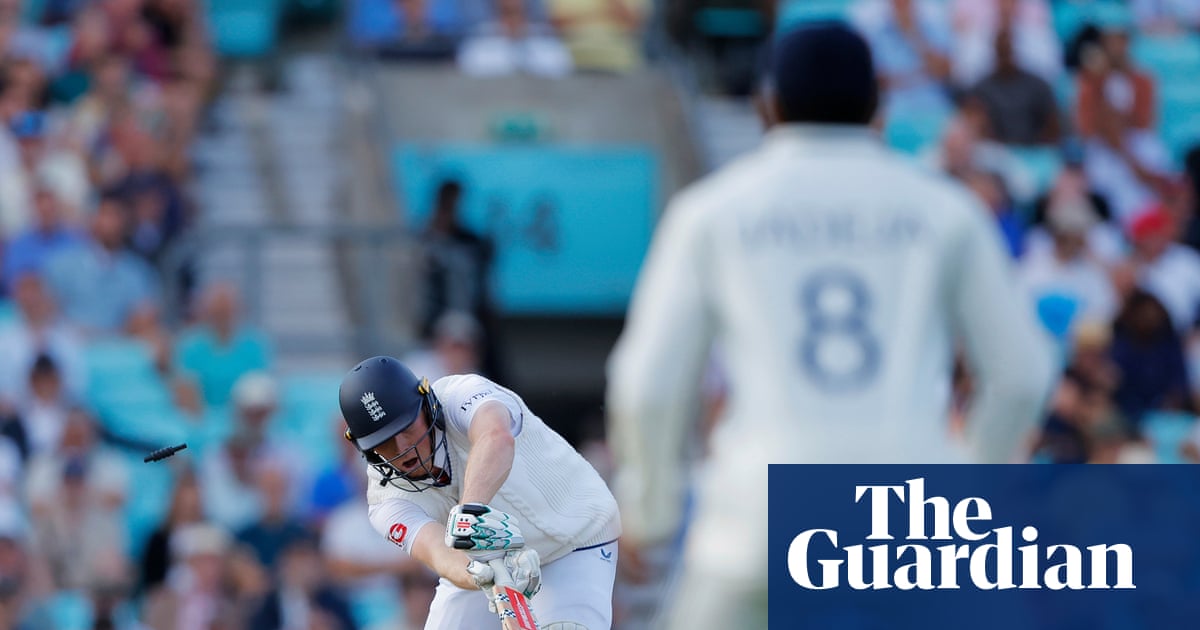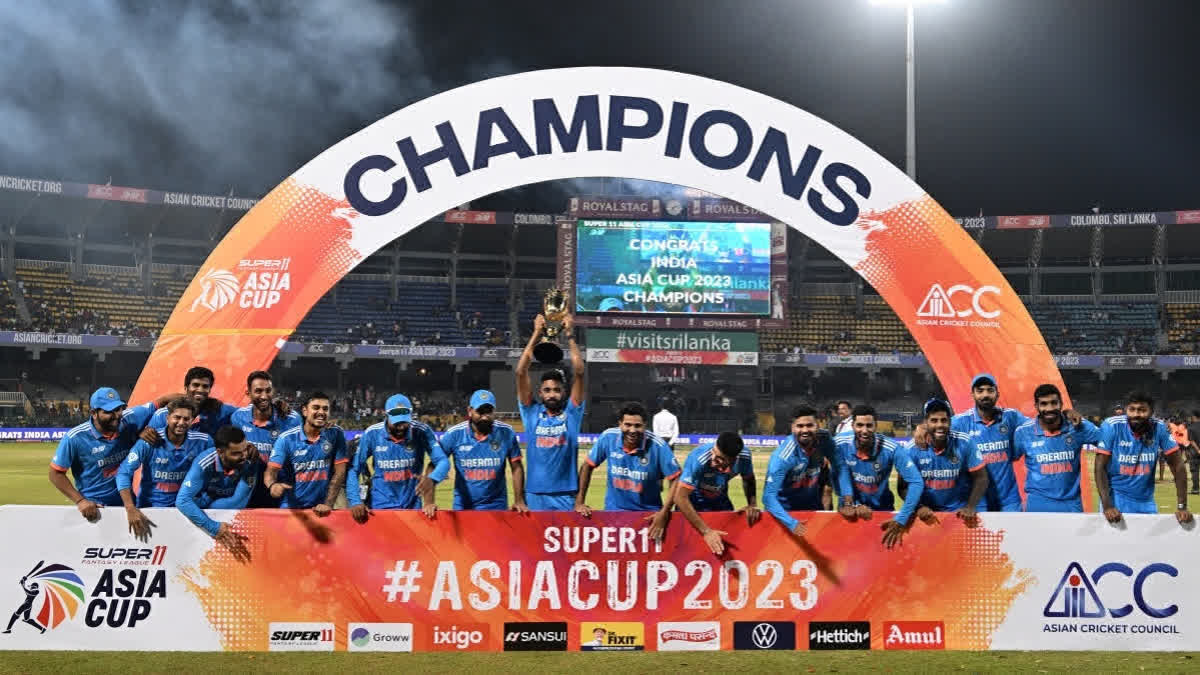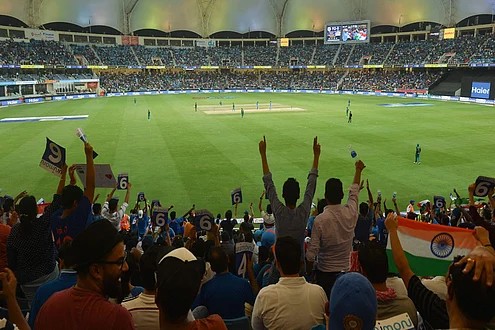People love to say ‘sexuality doesn’t matter’ and shouldn’t come up in AFL - so why do players hurl homophobic slurs?

Writing this article was like being knocked unconscious and magically transported back 15 years. Julia Gillard is prime minister, everyone is playing Angry Birds on the new iPad, and I am here writing about homophobia in sport. You know, 2010! Unfortunately, however, I’m not in some Rebel Wilson-type Netflix head-injury time-travel comedy, I am still in 2025 Australia. Despite this fact, in the last year or so there have been six separate incidents where an AFL player or coach has used a homophobic slur against an opposition player – including two in the last few weeks.The AFL has suspended each player, and in the most recent case, Riak Andrew has been banned for a lengthy five matches. This has happened after all AFL players this year had to complete an LGBTQ+ education model. The AFL has taken such steps to try to stem the tide of homophobia in the game, but the tactics don’t seem to be working. Players are still being homophobic on the field, and many fans and supporters take this as license to be homophobic off the field. This is a culture issue, a player issue, and a fan issue – it is inbuilt and insidious. And it is harmful.Sign up for a weekly email featuring our best readsI get the sense, reading the players’ apologies, that while they may be remorseful, they don’t understand that this is not just about one hurtful moment. When they shout out a slur, it is not just a fleeting thing that everyone can move on from in the same way. These casually thrown out slurs do not just offend – they silence. I know this from personal experience. I grew up in regional Queensland, in a time and place where I knew I was different from other 11-year-olds. I didn’t think I could ever come out of the closet. This was pre-“wokeness”, so I suffered every day trying to change or hide who I was.After years and years of this torture, at 17 years old I finally decided to come out to someone. I went to stay with family members in Brisbane, a young couple that I had convinced myself wouldn’t hate me, and would accept me. I will never forget sitting out on the back step while they were in the kitchen, my body fighting with itself as I gathered the courage to tell someone about this secret that was consuming my life. I was almost there, I was going to do it. And then I overheard one of them say “faggot” in a conversation about the Red Hot Chili Peppers. It sounds absurd now, but it was one of the more crushing moments of my life. My stomach dropped to hell, I felt so stupid for thinking I could ever come out to anyone, that I could ever trust anyone enough to know it would be OK. That one moment, that one word from someone I loved, stopped me trying to come out again for three entire years.If players, after all that education and disciplining, still find themselves hurling a slur at an opposition player because it’s just there below the surface, imagine what is said off the field. Imagine the training sessions, the locker rooms, the bus, the pub. Imagine you are a young gay player who hears his colleagues, his heroes, the people he looks up to using that kind of language. Imagine you’re a young kid, an AFL fan, hearing it. Regardless if you are out and proud or hiding away, if you hear someone like a family member, a friend, a football hero use what you are as the worst insult they can think of – of course it immediately suggests that they despise you, and everyone like you.When Jack Graham from the West Coast Eagles was suspended, his captain Liam Duggan described his use of the slur as a “slip of the tongue”. If that’s true, if it’s just in the heat of the moment – too bad. It does not matter. You have made your impact, you have done the damage. Words famously are the things we use to communicate, and homophobic slurs very clearly communicate your disdain for us, more effectively than disdain for your opponent.The other thing people love to say on this issue is that “sexuality doesn’t matter” and that it shouldn’t come up in footy. Look at the comments on the Sydney Swans’ Instagram post of the jersey they will wear for their (one) Pride game this year. More than 400 comments from the football community, from the fans, with a huge proportion of those insulting and homophobic, and a great many complaining that sexuality should not be forced in their faces. If you take one message from this article please let it be this – you people are the reason we are talking about sexuality. The pride game exists because it is a reaction to the homophobic culture of the sport. This article exists because of straight players who brought up sexuality on the field. We want these grown men being paid a lot of money to do their fucking jobs without bringing us into it. I am sick of people claiming that we are forcing this on to you, when you are forcing us to do this.skip past newsletter promotion Sign up to Five Great Reads Free weekly newsletter Each week our editors select five of the most interesting, entertaining and thoughtful reads published by Guardian Australia and our international colleagues. Sign up to receive it in your inbox every Saturday morning Enter your email address Sign up Privacy Notice: Newsletters may contain info about charities, online ads, and content funded by outside parties. For more information see our Newsletters may contain info about charities, online ads, and content funded by outside parties. For more information see our Privacy Policy . We use Google reCaptcha to protect our website and the Google Privacy Policy and Terms of Service apply. after newsletter promotionWe have of course made a lot of progress for LGBTQ+ rights generally in society. But there are still many, many people around this country who are not able to be themselves in their environments. Sometimes that environment is the footy. There are young people at AFL games trying to figure out who they are, and listening to everything coming out of everyone’s mouths. Kids who might have the course of their life changed by something said by their family, by the fans, or by the players they love. The AFL has to do more than making players click through some module, or suspending them from a few games when their homophobia slips out. There needs to be a culture shift somehow, and I think that can only happen if players take the impact of their words seriously. Players need to be doing more themselves to combat what is being said on the field, and off. I’m sick of being in 2010, the homophobia is rife and the outfits are ugly.









